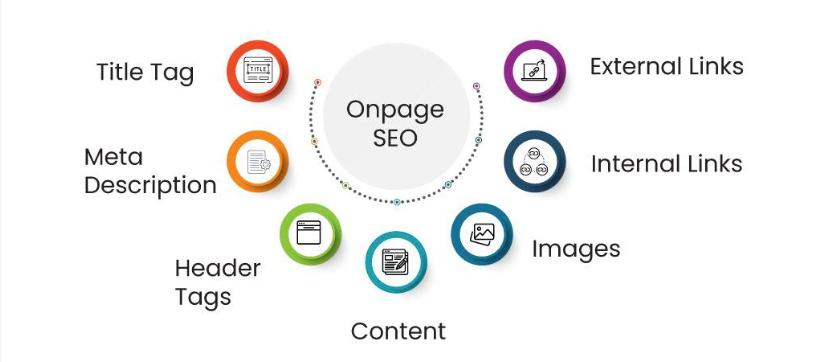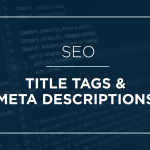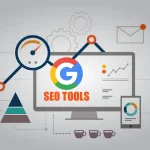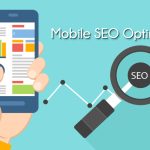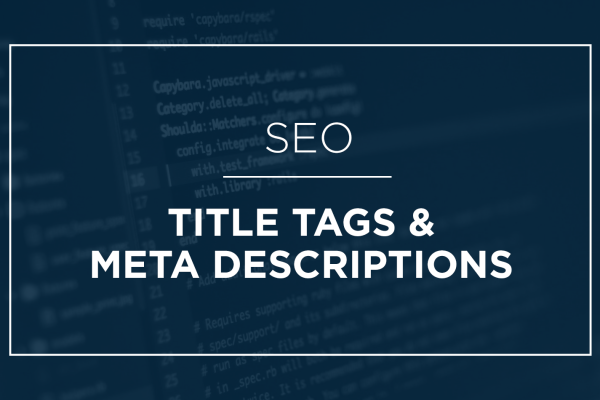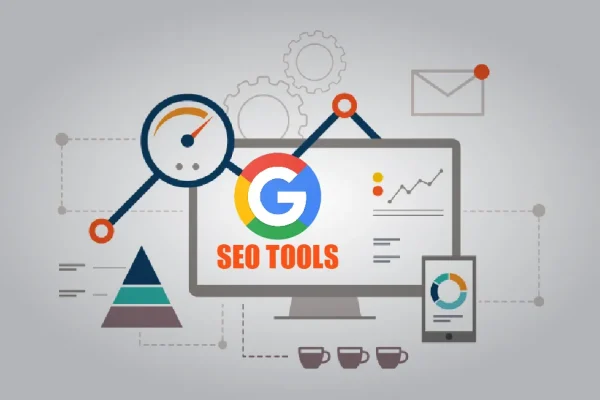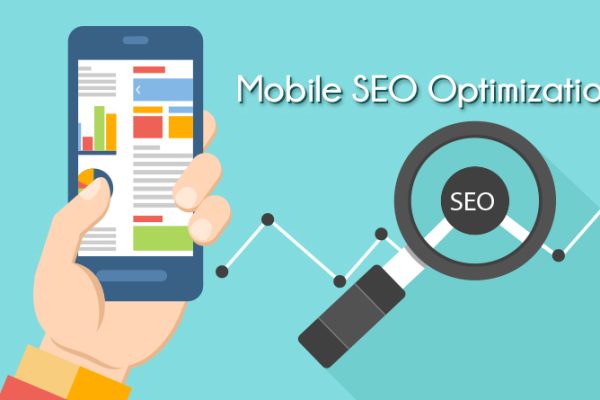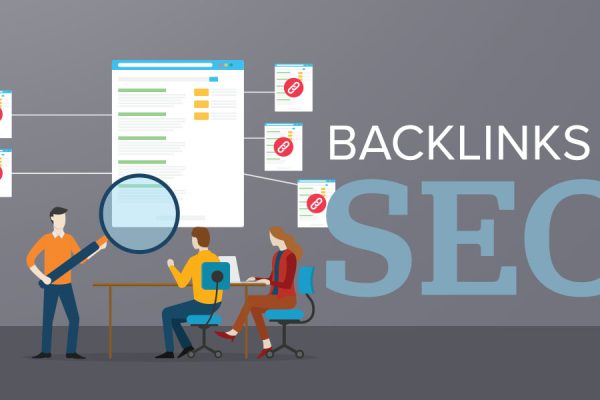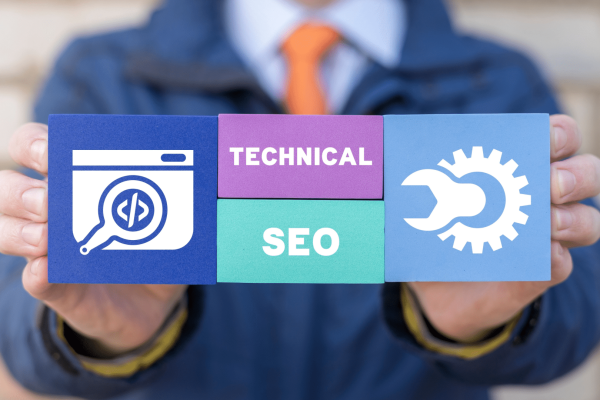On-page SEO helps make your website better for both search engines and visitors. It includes things like using the right keywords, writing good titles, and making pages easy to read. With strong on-page SEO, your website can rank higher on Google and attract more people.
What is On-page SEO?
On-page SEO is the process of making changes on your website to help it show up better in search engines like Google. It includes things like using the right words in your titles, writing clear descriptions, and organizing your content so visitors can easily read and understand it. Good on-page SEO helps more people find your website when they search online.
Why is On-page SEO Important?
On-page SEO is important because it directly impacts how well your website performs in search engines and how users experience your site. Here are the key reasons why on-page SEO important:
- Improves Search Rankings – Helps your website rank higher on search engines.
- Enhances User Experience – Makes your site easier to navigate and faster to load.
- Increases Organic Traffic – Attracts more visitors without paid ads.
- Boosts Engagement – Clear and relevant content keeps users on your site longer.
- Supports Keyword Targeting – Helps target specific keywords to attract the right audience.
On-page SEO is key to attracting both search engines and users. It builds a strong foundation for long-term online success.
Optimizing Your Website with On-Page SEO
Optimizing your website with on-page SEO helps improve your visibility in search engine results. By enhancing elements like content, titles, and internal links, you can attract more traffic and provide a better user experience. Here are key steps:
- Title Tags – Use clear, keyword-rich titles for each page.
- Quality Content – Provide valuable, original, and well-structured content.
- Meta Descriptions – Write concise summaries that encourage clicks.
- Header Tags (H1, H2, etc.) – Organize content and include keywords.
- URL Structure – Keep URLs short, clean, and relevant.
- Internal Linking – Connect related pages to guide users and search engines.
- Keyword Placement – Naturally include keywords in content and headings.
On-page SEO is essential for visibility and user experience. By fine-tuning these elements, you increase your chances of ranking higher and attracting more traffic.


